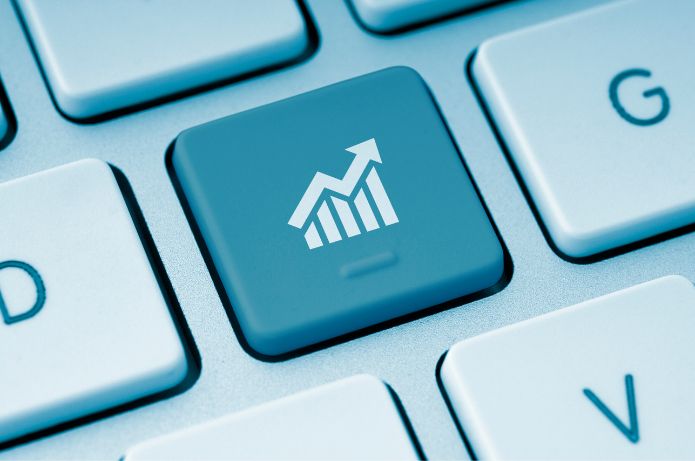By 2025, new trends are expected to revolutionize how organizations collect and process data. With the market becoming more demanding, they must seek strategies to streamline processes and become more competitive. According to McKinsey, companies that rely on data for decision-making can have growth 15% to 25% above average.
The concept of Business Intelligence (BI) emerges as a strong trend as it represents the ability to process large streams of information for strategic decision-making.
The Brazilian Micro and Small Business Support Service (Sebrae) explains that data management enables companies to better understand their customers, optimize operations, and detect fraud. By using advanced analytical tools, BI allows for a deeper understanding of performance, identifying patterns and opportunities that can drive growth and operational efficiency.
An example is Google Analytics, a platform that monitors website traffic, behavior, and conversions of its visitors. Besides knowing how many people accessed it, it’s possible to understand where they came from, how long they stayed, and which pages they accessed.
The information is crucial as it can indicate the need for optimization and improvements in user experience. Through them, it’s also possible to measure return on investment and define strategies to increase sales.
Studies also suggest that the adoption of Artificial Intelligence (AI) will be even greater among BI practices. According to Gartner’s research, by next year, 75% of companies will use at least one tool with this type of technology to assist in data collection and analysis.
AI allows processing large volumes of data at a much faster rate than traditional methods, using machine learning algorithms that detect complex patterns that may not be evident through manual analysis.
Trending: data integration and cloud storage
Another survey conducted by Gartner pointed out application integration as a trend that aids in BI growth. Updated in real-time, managers can access company data swiftly, from anywhere and any device.
Data connectivity from various sources, including social media, IoT devices, ERP and CRM systems, facilitates a comprehensive view of operations and enables the creation of more complete and accurate control panels.
The Google Sheets Dashboard is an example of an integration tool that provides a managerial summary of information, facilitating understanding and analysis. Thus, it is possible to import data from various channels and networks, such as Instagram, Meta Ads, Google Ads, TikTok, LinkedIn, and RD Station, into a single spreadsheet, creating comprehensive digital marketing and sales reports.
Google sheets can be shared with others collaborating on analysis. This functionality reinforces another trend highlighted by the research: cloud storage, which provides greater agility, scalability, and security when sharing information and accessing data.
Increased focus on information security
According to ROQT Group, data security is also among the emerging trends in BI for 2025. With the increase in data collection and storage, it becomes a priority.
Companies will need to invest more and more in security solutions to protect sensitive information against cyber threats. A survey conducted in December by TIC Provedores revealed that 40% of companies in Brazil have an exclusive sector to protect data.
Care has become even more necessary with the enactment of the General Data Protection Law – LGPD (law nº 13.709/2018) in Brazil, which establishes rules and guidelines for the collection, storage, and processing of personal data by public and private organizations. The fine for those who do not comply with the determinations can reach 2% of the revenue, limited to R$ 50 million.







